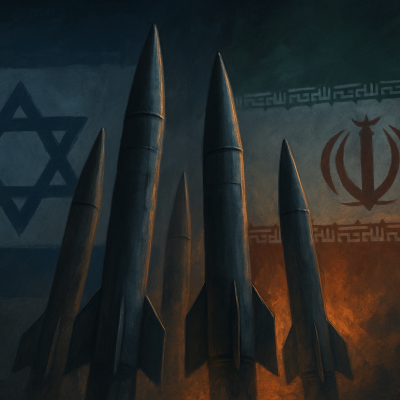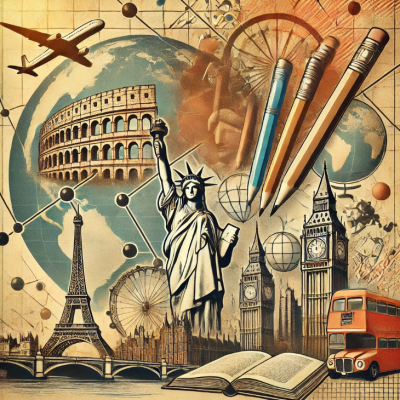Satoshi Ikeuchi, Professor, Religion and Global Security, University of Tokyo
A new great game is looming. This time, the race is not about entering into any colonial market or territory.
Now, It’s about the exit. An exit strategy from COVID-19 impasse is acutely needed and contested.
In March, a large part of global traffic of people suddenly vanished. Since then, we’ve been living in an unprecedented moment under comprehensive lockdown measures and confined within each country, indefinitely.
For a long time, we’ve been accustomed to the frequence of international travels. We might have been making, let’s say, two or three intercontinental trips in one month between Asia and the Middle East for business purposes.
Now, each country is blocking each other countries’ nationals from entering each one’s territory. Even if permitted in, most travelers are subject to an extended period of quarantine, usually two weeks.
If you go out of one country, you have to expect two weeks of quarantine in the country of destination. When you come back to the country of origin, again you may have to undergo another confinement of two weeks.
It’s not practical to stay waste a total of 4 weeks for each one of business trips.
This unusual condition of the “Globalization minus,” in which the flow of goods and materials continues while the movements of people are blocked, is not sustainable in the long term.
A global supply chain cannot remain intact without the technologies and services brought in by the people moving across borders of nation-states.
How to reopen borders and revive the easy flow of people in global economy would be the next focal point in great power and smart power rivalries.
A fierce competition has already going on attempting to gain the authority in setting the standards of safety which enables international travels.
Who’d determine how to classify the world between the “Red Zone” which is still under the contagion and the “Green Zone” in which people are supposed to be cleared from the virus?
What kind of testing methods is to be standardized and accepted universally to permit the tested and cleared persons to move across the international border?
There may be a course of events in which a unilateral imposition of arbitrary standards by one or several major powers on each spheres of influence might end up with dividing the world into several blocks.
The other is a more multilateral framework in which many countries are consulted equally, and standards are to be set based on scientific basis with transparency.





